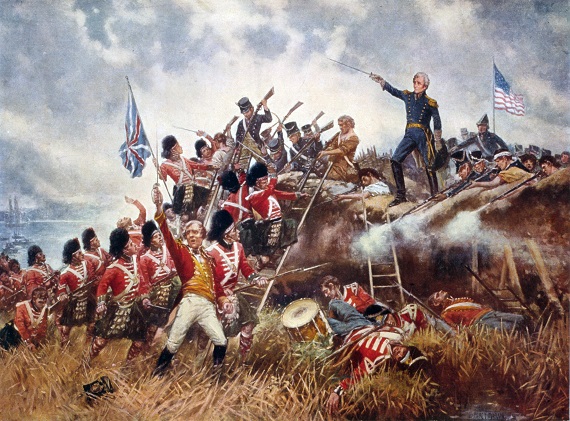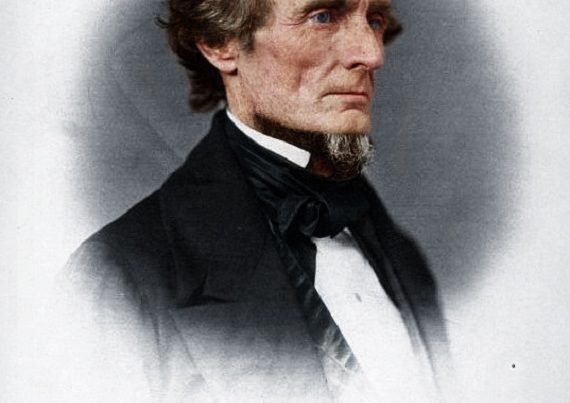The Eighth of January was on everyone’s tongue once, in similar fashion to the Fourth of July, for Andrew Jackson’s victory at the Battle of New Orleans occurred on this day in 1815, 200 years ago this very day.
That there is almost no mention of this anniversary, that only a bare handful have any idea of the significance of “The Eighth of January,” is yet another demonstration of how memory fades and how far the U. S. is from its founding cultures and the peoples and events that were still in my youth widely acknowledged to have great significance.
During my youth the song “The Battle of New Orleans” was extremely popular. It was one popular song which I very much liked. The tune is very catchy. If vulgar, so to speak, it was very good in stirring a sense of history and patriotism.
Indicative of how important the Battle of New Orleans was to Southerners, during the early nineteenth century “The Eighth of January” was celebrated in similar fashion to the Fourth of July. In researching for my Masters’ thesis on the early history of Clinton, Georgia, I found accounts of the celebration of “The Eighth of January” in Clinton published in the Macon and Milledgeville newspapers. The celebration of Andrew Jackson’s victory at New Orleans was conducted in the same fashion as were the Fourth of July celebrations, with a committee in charge of the plans for the day and offering toasts “to the day,” and the offering of individual toasts. The wording of the toasts is published, with the name of the persons offering them. Speeches were given, with the names of the speakers and their subjects given. Dinner was usually given by one of the town’s hotels.
Here is some information about the song which I so well remember as so popular when I was young, taken from Wikipedia:
“The melody is based on a well known American fiddle tune, “The 8th of January,” which was the date of the Battle of New Orleans. Jimmy Driftwood, a school principal in Arkansas with a passion for history, set an account of the battle to this music in an attempt to get students interested in learning history. It seemed to work, and Driftwood became well known in the region for his historical songs. He was ‘discovered’ in the late 1950s by Don Warden, and eventually was given a recording contract by RCA, for whom he recorded 12 songs in 1958, including ‘The Battle of New Orleans.'”
“The Battle of New Orleans” “has been recorded by many artists, but the singer most often associated with this song is Johnny Horton. His version scored number 1 on the Billboard Hot 100 chart. ‘The Battle of New Orleans’ was ranked as the twenty-eighth song overall, and the number-one country music song to appear on the chart.”
We Southern Patriots should give a few toasts to Andy Jackson’s victory at the Battle of New Orleans.







